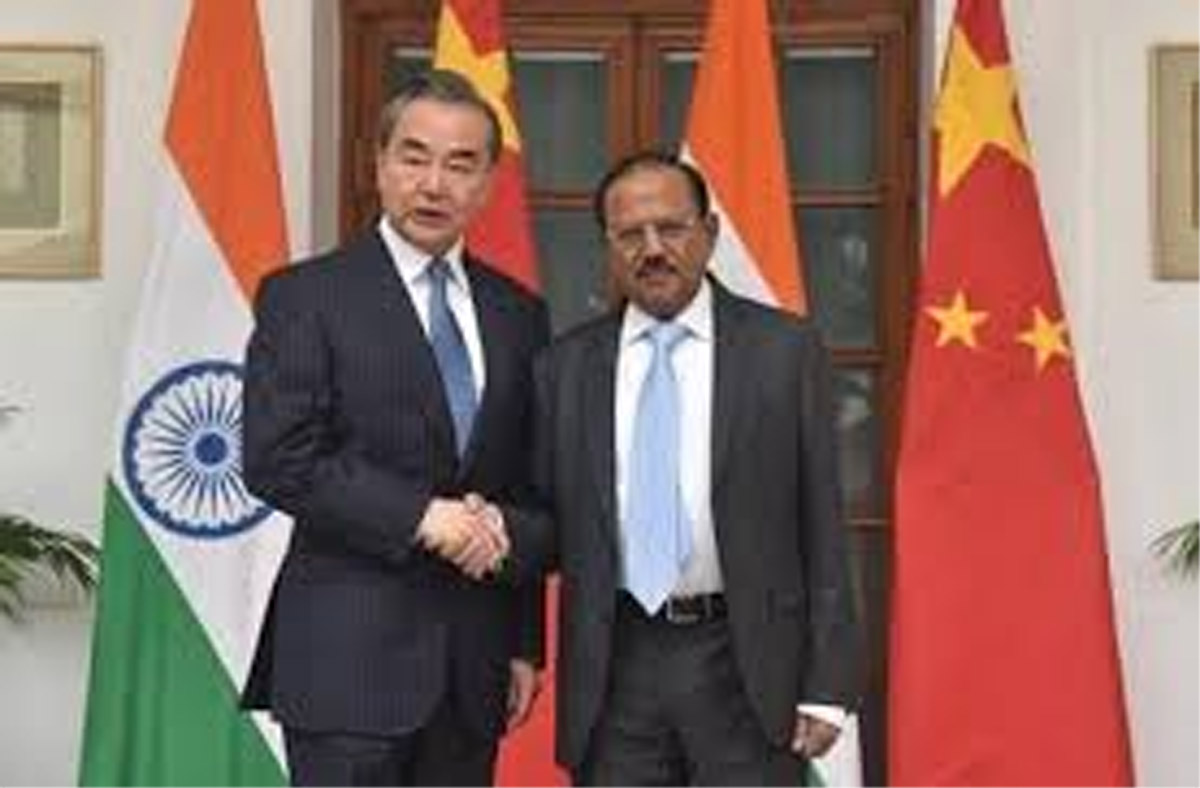BEIJING, Dec 24: The achievement of agreements on a phase one trade deal between China and the United States demonstrates that, regardless of problems, the solution can be found through an equitable dialogue, Chinese Foreign Minister Wang Yi said on Tuesday.
On Saturday, US President Donald Trump said that the US-China trade deal would be signed “very shortly” as the parties reached a breakthrough on the matter. “The fact that China and the US recently reached agreement on a phase one trade deal shows that, when both sides demonstrate good faith, work in concert and communicate as equals, we can always find a solution to whatever issue that may come our way,” the minister said in his year-end interview, published on the Ministry’s official website. According to Wang Yi, despite the US attempts to repress China in trade and other fields and meddle in a number of domestic issues concerning the country’s territorial integrity and sovereignty, Beijing managed to safeguard its interests and ensure its “historic march … toward modernization.” “The China-US relationship has been through rain and shine and moved ahead amidst ups and downs in the past four decades. The most important thing that this period has taught us is that both countries stand to gain from cooperation and lose from confrontation,” he added. In addition, he expressed hopes that the US would “return to a fact-based and correct perception of China and a sensible and pragmatic policy toward” the country. Earlier in December, Washington and Beijing recently reached a phase one trade deal as part of a larger bilateral trade agreement. The deal is expected to be signed in early January and helps partially resolve the long-lasting trade war between the US and China that had cost hundreds of billions of dollars in tit-for-tat tariffs imposed on the other. According to Trump administration officials, the phase one will cover tariff relief, increased agricultural purchases and certain structural changes to intellectual property and technology issues.
(AGENCIES)
Trending Now
E-Paper


